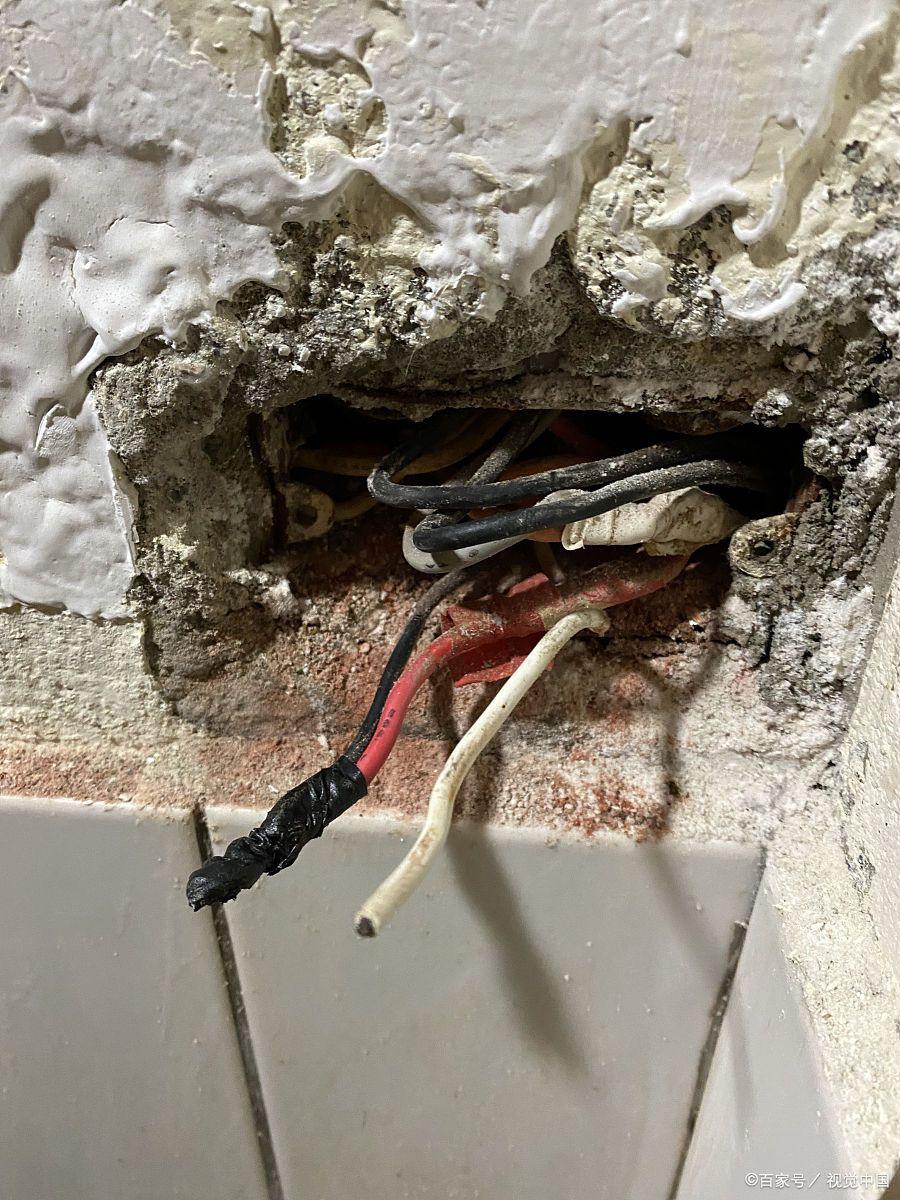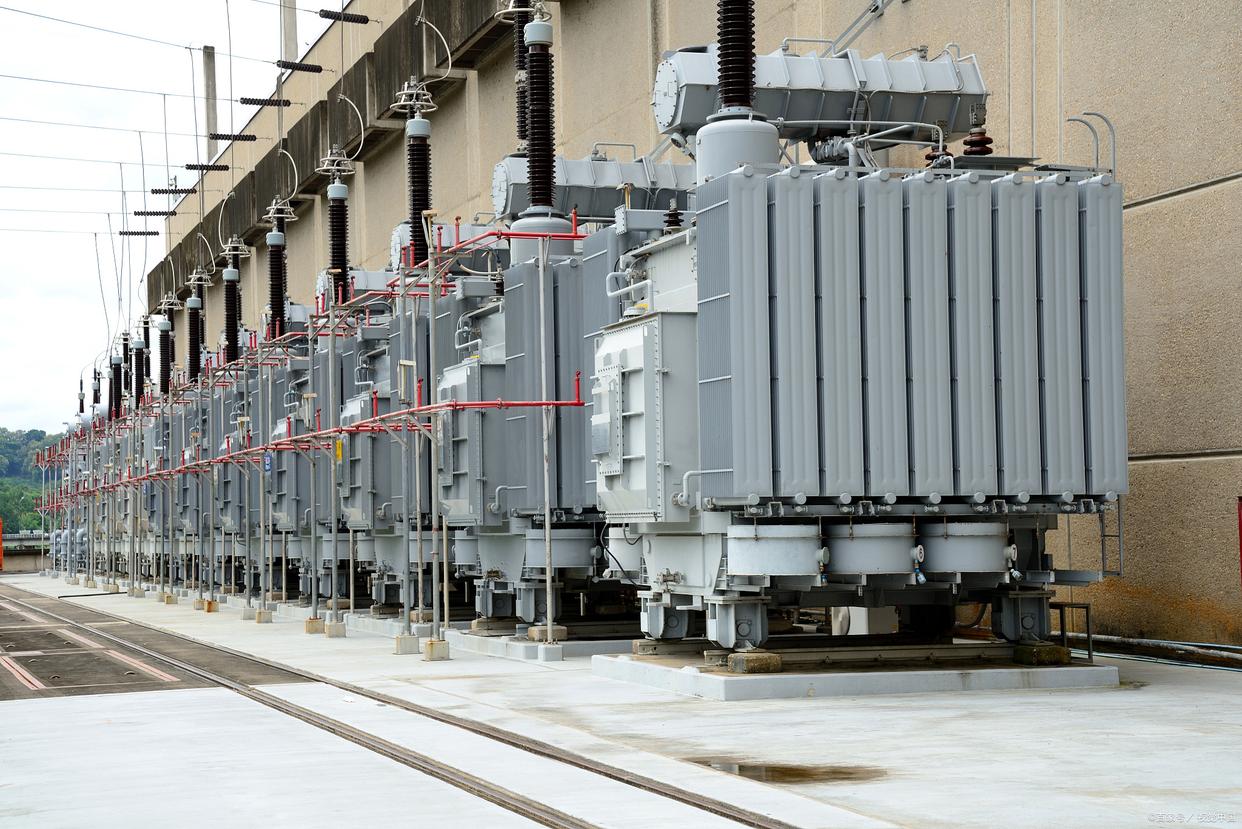Do you worry about the factory electricity bill every month? Data shows that more than 70% of industrial enterprises experience excessive electricity bills due to loopholes in their power distribution systems, resulting in millions of profits lost each year. These often overlooked "hidden money-burning loopholes" can be immediately fixed with targeted optimizations to save significant costs. Today, Urban Electrician reveals the five major money-burning black holes in factory power distribution systems and provides practical solutions.
Vulnerability 1: Inefficient Use of Transformers - Unreasonable Capacity and Surprising No-Load Losses
Problem Analysis:
Many factories blindly choose large-capacity transformers to meet peak power demands, but their actual load rate is often less than 30%. Long-term low-load operation of transformers results in a 20%-40% increase in no-load losses, consuming tens of thousands of extra kWhs annually. For instance, a chemical plant has annual electricity expenses exceeding by nearly 500,000 yuan due to an excessively large transformer capacity.
Solution:
1.Dynamic Capacity Adjustment: Employ the "parallel connection of two transformers" model, allowing for flexible switching based on production needs.
2.Technical Upgrade: Replace with high-efficiency and energy-saving transformers, such as amorphous alloy transformers, which can reduce no-load losses by up to 60%.
Vulnerability 2: Poor Line Design and Operation Resulting in High Line Losses and Loss of Profit
Problem Analysis:Old and poorly designed lines, such as using overly thin wires or circuit routing that are unnecessarily long and complex, can result in a high line loss rate of up to 8%-15%. An electronic factory, due to the use of cables with too small cross-sections, experiences an additional loss of electricity fees of 300,000 yuan per year.
Solutions:Line Optimization: Shorter power supply radius should be implemented, and copper core cables should be preferred (resulting in a line loss reduction of up to 40% compared to aluminum core cables).Three-Phase Balance Transformation: By reducing zero-line current, line losses can be reduced by up to 5%-10%.

Vulnerability 3: Equipment Operation with Underutilized Capacity Resulting in Motor Inefficiency and Electric Energy Being Converted to Waste Heat
Problem Analysis:The average operational efficiency of motors in domestic factories is less than 75%. The phenomenon of "high-power motors carrying small loads" is widespread, resulting in a waste of up to 25% of total electricity consumption. For instance, the idling of a press machine in an automobile factory accounts for 30% of its total electricity bill.
Solutions:Frequency Conversion Speed Regulation Transformation: Adding frequency converters to equipment such as fans and water pumps can reduce energy consumption by up to 50%.Dual-speed Motor Replacement: Switching between high and low speeds based on load demand can achieve energy savings of over 20%.
Vulnerability 4: Reactive Power Compensation Failure Resulting in Low Power Factor and Double Electricity Fees
Problem Analysis:When the power factor is below 0.9, power companies will charge penalties on electricity bills. A steel plant, due to the lack of dynamic compensation devices, pays an additional 50,000 yuan in electricity fees every month.
Solutions:Smart Reactive Power Compensation: Using SVG dynamic compensation devices, the power factor can be stabilized above 0.95.Grouped Capacitor Switching Strategy: Automatically switch capacitor banks based on load fluctuations to reduce the risk of over-compensation or under-compensation.
Vulnerability 5: Management "Blind Spot" - Lack of Monitoring, Difficult to Detect Waste
Problem Analysis:Manual meter reading and data loss make it difficult to detect energy consumption black holes. After installing smart meters, a paper mill found that the standby power consumption of a certain equipment accounted for 15% of the daily electricity consumption, resulting in an annual waste of over 100,000 yuan.
Solutions:Internet of Things Monitoring System: Real-time monitoring of equipment energy consumption, automatically generating energy-saving reports.Time-of-use Electricity Price Strategy: Adjusting high-energy-consuming processes to off-peak periods, with a direct reduction of 40% in electricity costs.
Practical Case: Three Tips for a Car Factory to Save Millions in Electricity Costs Per Year
1.Technical Upgrade: Fan blower motor frequency conversion transformation, saving 700,000 yuan in electricity costs per year.
2.Management Optimization: Centralized production to reduce equipment start-up and shutdown, with a 12% reduction in gas consumption.
3.Data-driven: Smart meters + AI scheduling, resulting in a 15% reduction in overall energy consumption costs.
Action Guide: Three Steps to Close Distribution Power Leaks
Step 1: Diagnosis First: Hire a professional team to conduct energy efficiency audits and accurately locate the leaks.
Step 2: Step-by-Step Improvement: Prioritize the modification of high-energy consuming equipment (such as motors and transformers), and then optimize the management system.
Step 3: Policy Dividends: Apply for government energy-saving subsidies (such as green manufacturing special funds) to reduce the cost of transformation.
Conclusion
Over-consumption of electricity is not a "necessity" but an "unplugged leak"! From today, through technological upgrading and meticulous management, let every degree of electricity create value. Contact us immediately to obtain a factory power saving cost reduction plan!




